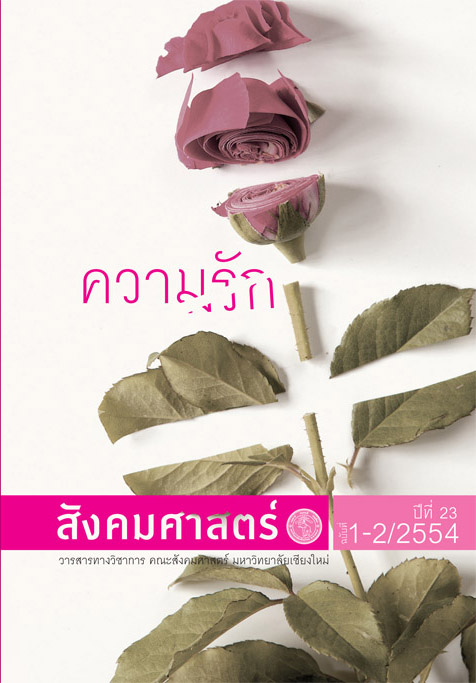Free Love: Gender Politics of Romance in the Chinese Revolution
Main Article Content
Abstract
This studies compares and contrast the life, experience, and perceptions toward the concept of ‘free love’ of two prominent female authors of modern China—Ding Ling (Jiang Bingzhi) and Aileen Chang (Zhang Ailing). Even though these two authors appeared to be on opposite sides of the ideological divide of the Cold War and their masterpieces were first published more than a decade apart, their life, experience, and perceptions towards ‘free love’ as presented in their literary works are actually quite similar and complimentary. Both perceived ‘free love’ as a path to self-identification and social liberation. Nonetheless, both were forced by the momentous tides of ideological struggles of their time—Ding Ling by the Communist Revolution in China and Aileen Chang by the Cold War—to abandon this theme that was so central in their earlier masterpieces. ‘Free love’ was deemed less important than the revolution for Communist China and not nearly as important as the preservation of liberty for the US throughout the Cold War years. Now that the Cold War has become a thing of the past, the age of Globalization could provide a broader and more tolerant atmosphere to study these brilliant female authors and their masterpieces for the themes that truly define them instead of the rigid ideological stances that they were forced to take during their time.
Article Details
All written articles published on Journal of Social Sciences is its author’s opinion which is not belonged to Faculty of Social Sciences, Chiang Mai University or is not in a responsibility of the journal’s editorial committee’s members.
References
Hung, Eva ed. 2000. Traces of Love and Other Stories. Hong Kong: Renditions.
Kingsbury, Karen S. 2007. Love in a Fallen City and Other Stories. London: Penguin Books.
Liu, Lydia H. 2002 “Invention and Intervention: The Making of a Female Tradition in Modern Chinese Literature” in Susan Brownell and Jeff rey N. Wasserstrom ed., Chinese Femininity, Chinese Masculinity. Berkeley: University of California Press.
Mitter, Rana. 2004. A Bitter Revolution: China’s Struggle with the Modern World. Oxford: Oxford University Press.
Stevens, Sarah E. 2003 “Figuring Modernity: The New Woman and the Modern Girl in Republican China,” NWSA Journal vol.15, no.3.
Wolf, Margery. 1972. Women and the Family in Rural Taiwan. Stanford: Stanford University Press.


